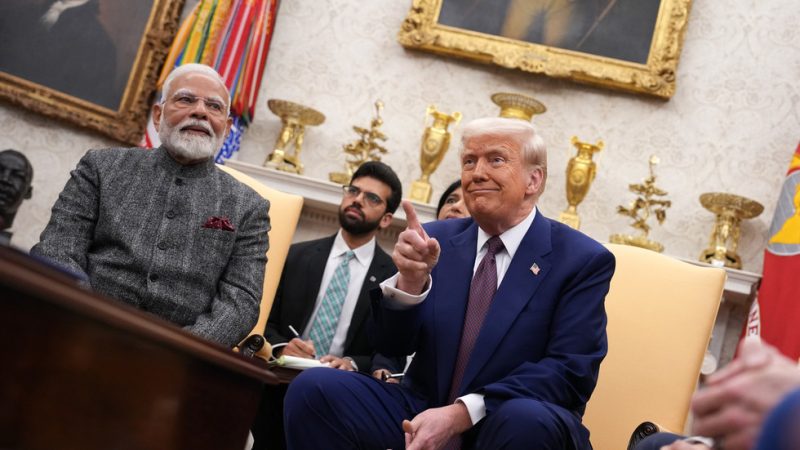
Reports suggest that former US President Donald Trump recently advised Apple CEO Tim Cook to halt the company’s expansion of manufacturing operations in India. This surprising directive, reportedly shared during a conversation in Doha, highlights the complex interplay between US-India relations and global manufacturing strategies.
According to CNBC, Trump expressed his concerns to Cook, stating that he felt Apple was neglecting US interests despite receiving significant benefits from the American market. He reportedly urged Cook to prioritize manufacturing within the US, emphasizing the years Apple spent operating in China and suggesting that India should be able to manage its own industrial development. Trump claimed that this conversation resulted in Apple’s commitment to increase production within the United States.
This move by Trump comes at a time when Apple has been aggressively expanding its manufacturing footprint in India, aiming to significantly increase local production of iPhones. Reuters reported earlier this year that Apple planned to manufacture the majority of iPhones sold in the US in India by the end of 2026, and other reports indicated Apple’s intention to shift all iPhone assembly from China to India.
Legal experts, however, caution against the oversimplification of global supply chain complexities. Sonam Chandwani, managing partner at KS Legal & Associates, highlighted the substantial time and investment required to establish significant iPhone manufacturing capabilities in the US, where Apple currently lacks the necessary infrastructure. This underscores the challenges involved in Trump’s suggestion and the potential for unintended negative economic repercussions.
The situation is further complicated by ongoing trade tensions between the US and India. India recently approached the World Trade Organization (WTO) to impose retaliatory duties against the US in response to American tariffs on steel and aluminum. This action follows the US’s imposition of a 25% tariff on steel and aluminum imports, a measure initially introduced in 2018. These trade disputes occur against the backdrop of ongoing negotiations for a bilateral trade deal between the two countries, highlighting the intricate and often conflicting economic and political considerations at play.










